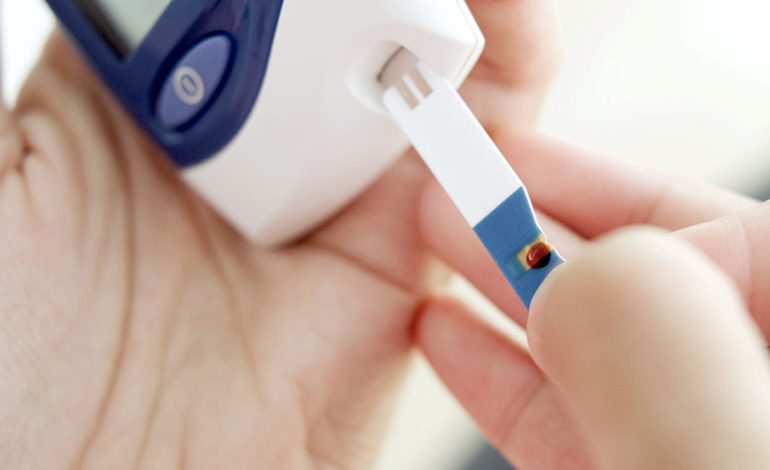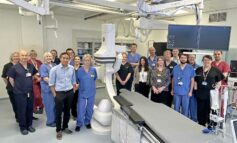The Bath and North East Somerset Clinical Commissioning Group (B&NES CCG) is raising awareness of a national consultation on proposals to curb the prescription of low priority items, such as bath oils.

Blood glucose testing strips have been included in the consultation
The consultation, from NHS England and NHS Commissioners, is asking members of the public and healthcare professionals for their views on a range of products that are deemed to be:
- Items of relatively low clinical effectiveness;
- Items which are clinically effective but where more cost effective items are available; or
- Items which are clinically effective but, due to their nature, are deemed a low priority for NHS funding.
The eight products being consulted on cost the NHS more than £68m. If the number of prescriptions for these items was reduced locally, B&NES CCG would be able to release additional funding to be spent on urgent treatments like cancer and diabetes.
The items being consulted on are:
- Silk garments – used in the treatment of severe eczema or dermatitis
- Aliskiren – used to treat blood pressure
- Amiodarone – used to treat abnormal heart rhythms (to ensure it is used with the guidance of specialists)
- Bath and shower emollient preparations – used to treat eczema or dermatitis
- Dronedarone – used to treat atrial fibrillation
- Minocycline – used to treat acne
- Blood glucose testing strips for type 2 diabetes
- Needles for Pre-Filled and Reusable Insulin Pens for diabetes
The proposed recommendations on glucose testing strips and needles are focused on substitution for cheaper, but equally effective products, not a reduction in prescribing of these items.
There are many different types of insulin pen needles available at a varying cost from £3.95 to £30.08 for 100 and strips range in price from £5.45 to £16.53 for 50.
The aim is to ensure consistency across the country and encourage commissioners and prescribers to consider the more cost-effective options to release savings, while not affecting patient care.
Dr Ian Orpen, Clinical Chair of BaNES CCG, said: “This is an important consultation, which could result in new national guidance for CCGs across the country.
“With CCG budgets under unprecedented strain – within B&NES we need to make £6.2m of savings in this financial year – it is only right that we do everything we can to make sure we get the greatest value for the money we spend.
“I would encourage members of the public and health professionals throughout B&NES to have their say and help shape local prescribing guidelines.”
The survey, which is open until 28th February 2019, can be found here and you can find more information on NHS England’s website here.



